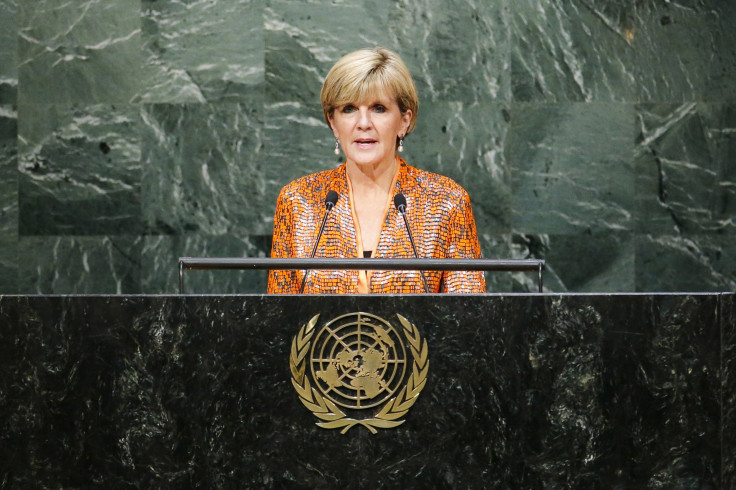Julie Bishop states significance of fossil fuels in the future

Foreign Minister Julie Bishop has addressed a sideline Indonesian event at the Paris climate talks and discussed the important role of fossil fuels in enhancing global economy in the coming years.
The Indonesian event was organised to discuss the transition to a low carbon economy. According to Bishop's statement, technological innovation will foster the change that would ultimately underpin the transition to a low-carbon economy, thereby making coal-fired power generation sustainable.
She said that the government will be assisted by private sector organisations, non-government organisations (NGOs) and individuals in the transition toward establishing a green economy. The focus of the government is to maintain proper balance between “competing interests.”
The message is contrary to what former Indonesian President Susilo Bambang Yudhoyono believes. He earlier advocated that the politicians are the ones who need to do most of the work related to climate change.
Bishop stated that long-term climate change is only possible through a gradual evolvement of undeveloped or undiscovered technologies and not by immediate action. She also said that fossil fuels, including coal, would always constitute a significant part of global energy mix for the “foreseeable future.”
“Barring some technological breakthrough, fossil fuels will remain critical to promoting prosperity, growing economies, alleviating hunger for years to come,” the foreign minister said in the event on Tuesday.
Bishop furthered the discussion and detailed the significance of fossil fuels for economic growth. “Fossil fuels will remain critical to promoting prosperity, growing economies, alleviating hunger for years to come,” the minister said, as quoted by the ABC. “It is a fact that energy is a mainstay of our respective countries’ export markets and underpins economic growth.”
Bishop put forth the renewable energy target to be achieved by Australia, which had already been refuted by the Australian government in 2014. Bishop also mentioned that there is 15 percent of households that used rooftop solar panels, which was recorded as the largest per capita use around the globe.
Contact the writer at feedback@ibtimes.com.au, or let us know what you think below.





















